The second largest e-commerce site JD.com specializes in fast delivery. All orders will be delivered within 24 hours! However, that is not all as the website also offers delivery at night, especially after office hours and completes within 3 hours. Amazon has recently presented their robot suppliers, flying drones, to improve the speed of delivery. JD, however, uses a much more personalized approach. Couriers who use electric bicycles make the final delivery. In order to build a strong relationship with customers, the courier is always the same, so that the customer and courier know each other.
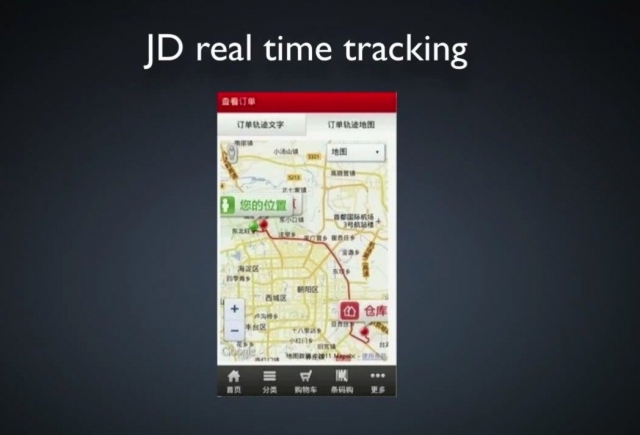
The site offers the opportunity to track the movement of the cyclist - courier in real time and thus the customer is informed as to where the delivery is and when he or she will receive it.
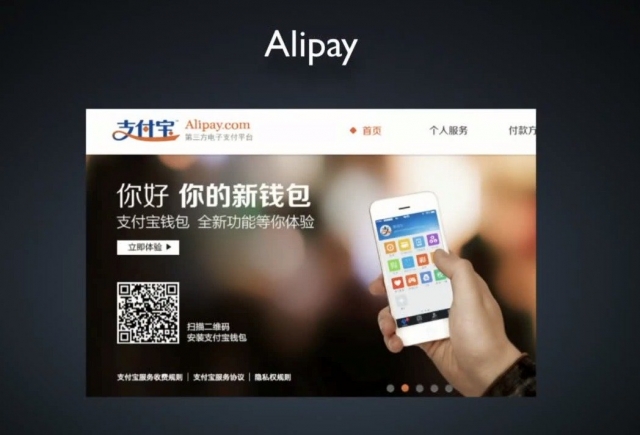
Alipay is the equivalent of PayPal, and 50% of all transactions in the country are made via this service. The figures here are impressive too: Alipay leaves PayPal behind as its annual volume of transactions exceeds $1 trillion. The service is not only for online payments. In Beijing, you can pay the taxi driver through it.
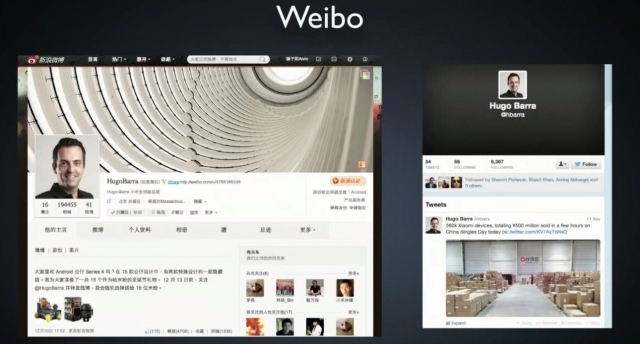
Weibo is the most popular micro blogging service in China. Hugo states that the accumulation of 42,000 followers in Google + took him several years and much effort. After registering in Weibo and being a foreigner who writes in English, he had 200,000 followers within two months. At the time of writing this article, he has 377,289 followers on Weibo ... and their number is growing. The dimensions are really different and impressive.
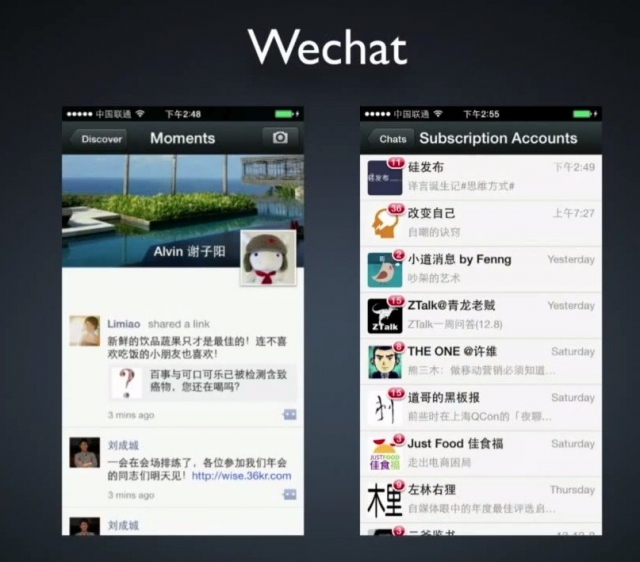
Wechat, which we have already mentioned, is a service through which you can organize your social life. The application successfully replaces e-mails and SMS as forms of communication and is about to overtake traditional chat services. Wechat has functionality similar to Instagram. It has the form of a social network too as it creates channels of celebrities or popular brands and allows subscription to them. The application offers integration with Alipay and it may be used for direct shopping from the channels of different brands. For example, you can order food for home. Xiaomi, the company for which Hugo is working, sold 150,000 phones via Wechat within just 10 minutes! Wechat is a huge platform for advertising. Hugo describes an advertising campaign of a worldwide manufacturer of condoms on its channel of the application. In rainy weather, the company shows images of a young man who uses its products to protect ... his feet from the water by putting them on his sneakers. We can imagine how this atypical use of the product has increased its sales! Wechat has serious ambitions for global presence and has hired "Barcelona" superstar Lionel Messi as the face of 15 markets in Asia.
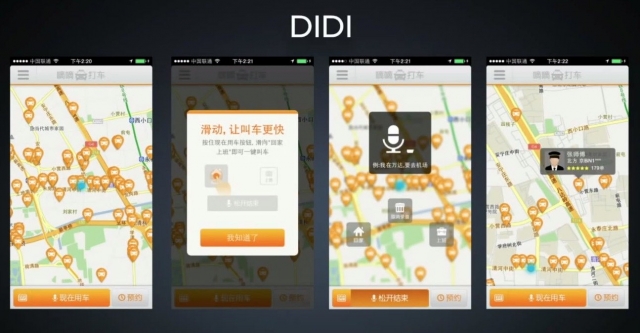
DIDI is another interesting service that offers not only navigation but also routes with different characteristics. It is used both by tourists and by taxi drivers as a way to align the final destination of the client as you can often find yourself at a place that is totally different from the desired destination. Taxi drivers in China often buy smartphones just to use this service, as it is very difficult to find the addresses, even for the Chinese themselves.
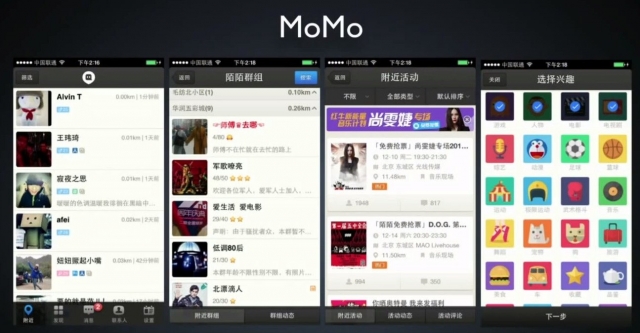
We talked about single people and here is an application, MoMo, which can overcome this problem, at least partially. Via this service, you can talk to strangers around you. The so-called "blind dating" is very popular in China. Through this and similar applications, people try to use the technology to socialize. The topic is long and has many facets, so we cannot give a definite answer as to whether technology improves our ability to communicate or further reduces it.
I hope you liked this brief tour guided by Hugo Barra despite his absence. I also hope that, at least slightly, it has raised the curtain and showed the use of technology in China in terms of communication, e-commerce, entertainment, and all this via mobile devices anywhere and at any time.